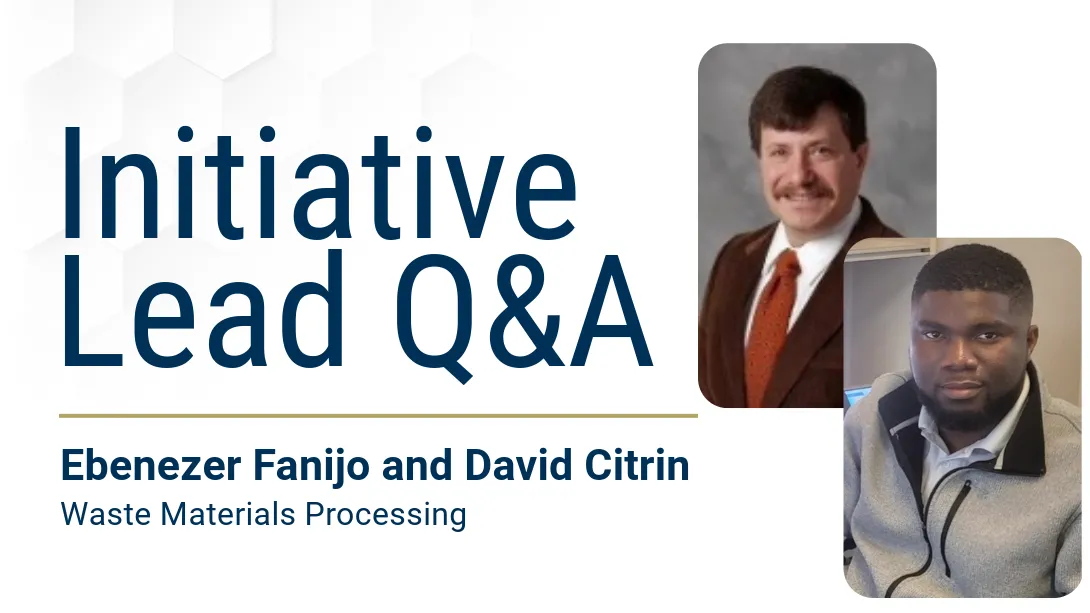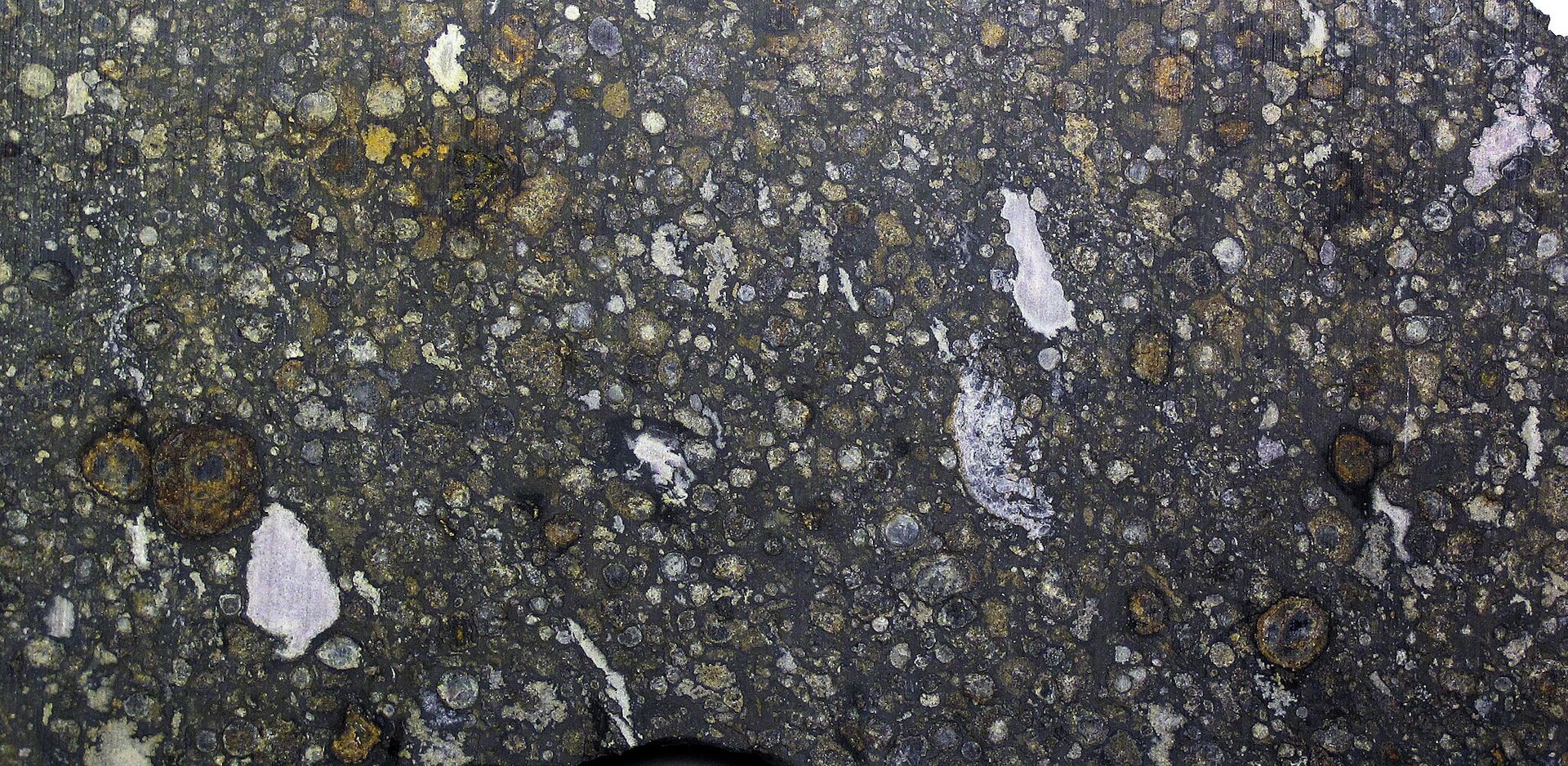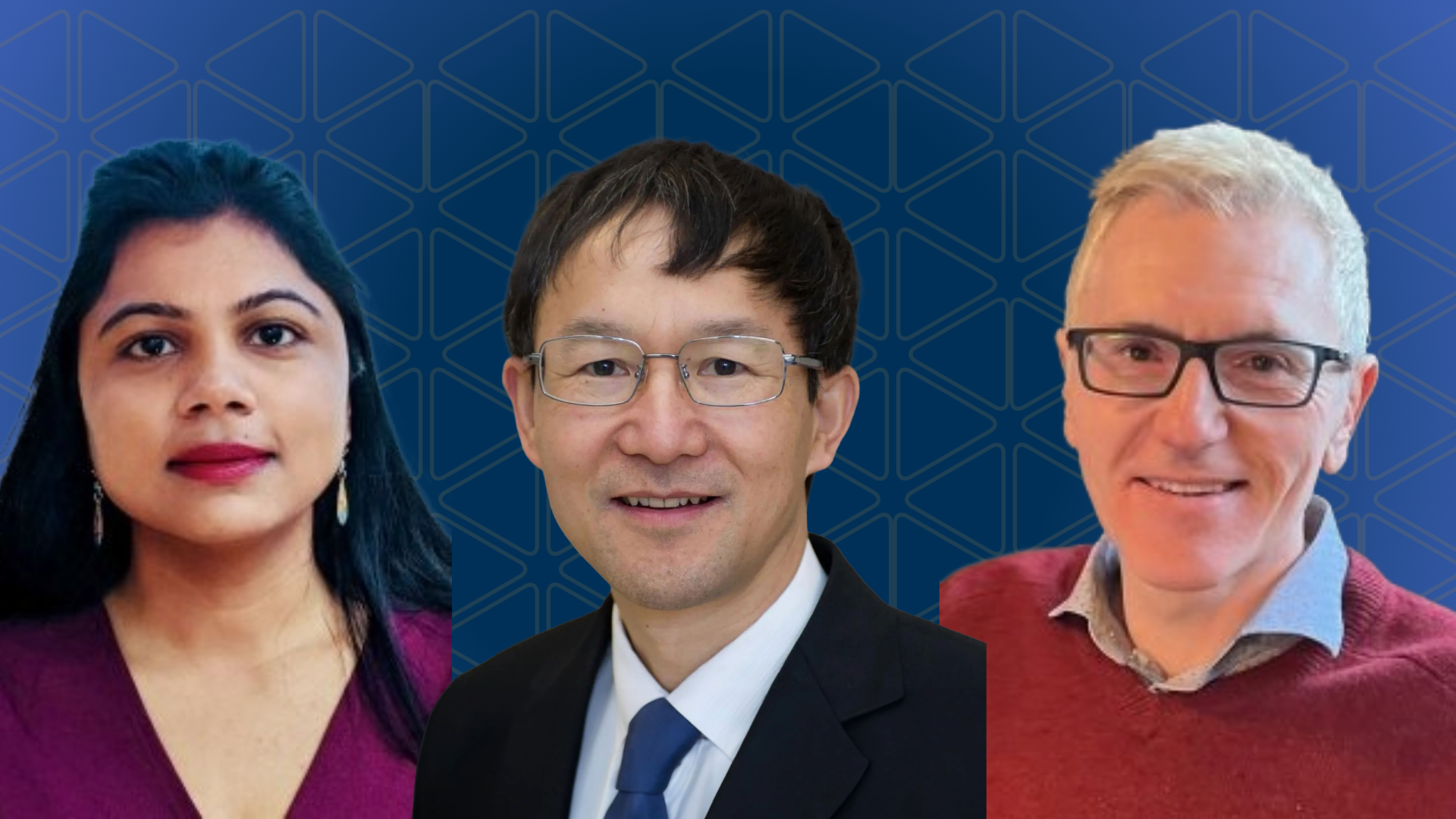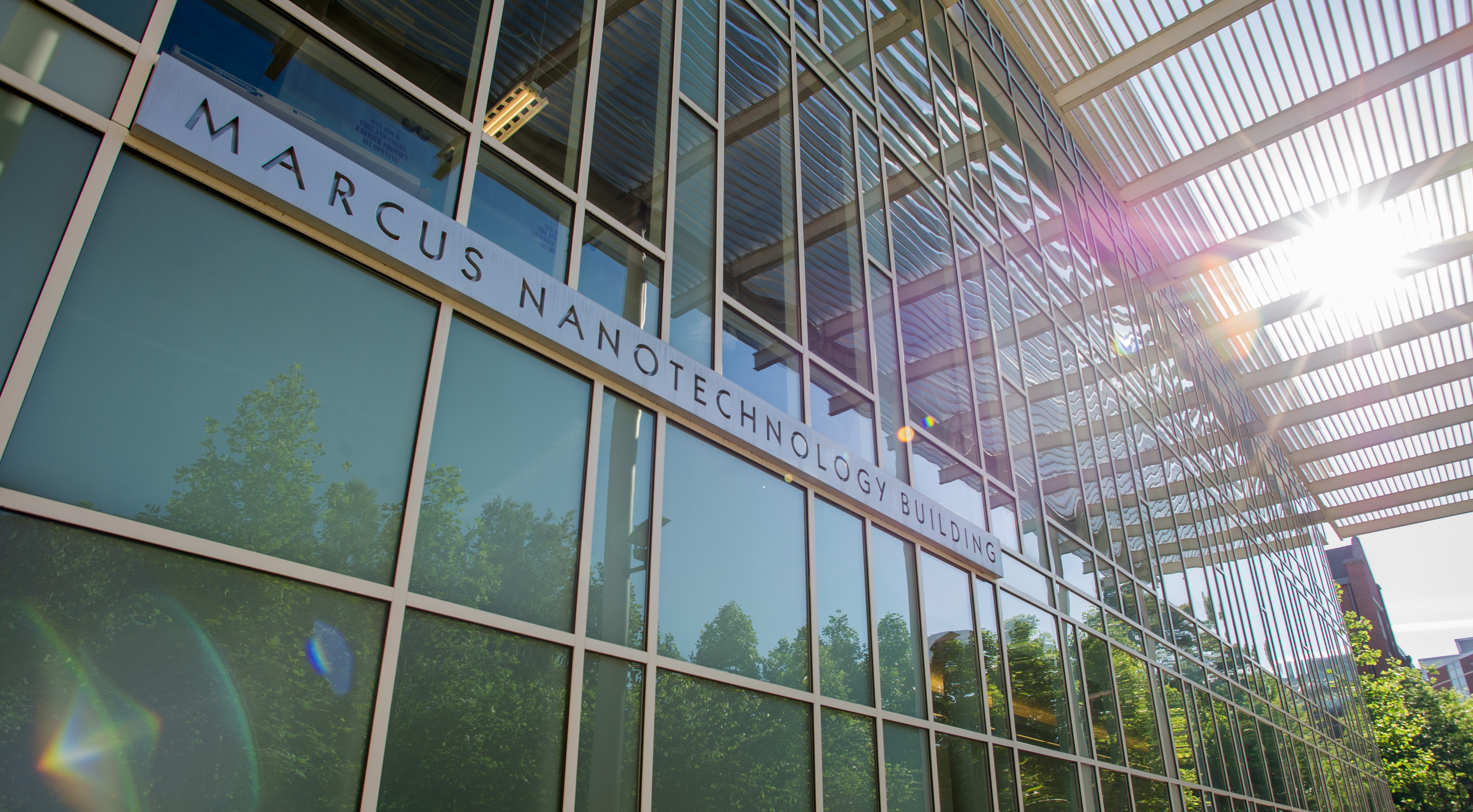Dec. 10, 2024
Ebenezer Fanijo and David Citrin lead the “Waste Materials Processing” research initiative for the Institute for Matter and Systems at Georgia Tech. Their research in this role focuses on creating innovative construction materials from waste streams to reduce carbon emissions in construction. Fanijo is a professor in the School of Building Construction and Citrin is a professor in the School of Electrical and Computer Engineering.
In this brief Q&A, Fanijo and Citrin discuss their research focus, how it relates to Matter and System’s core research focuses, and the national impact of this initiative.
What is your field of expertise and at what point in your life did you first become interested in this area?
Fanijo - My research focuses on sustainable buildings and civil infrastructure, particularly decarbonizing through low-carbon materials and alternative energy sources. I also specialize in in-situ nanoscale quantification of cementitious materials and metals using advanced characterization techniques. My interest in this field grew during my graduate studies and after attending the First International Conference on Sustainable Production and Use of Cement and Concrete.
Citrin - Several years ago, I supervised a masters project using an automated imaging system to identify construction materials. My core interests are in terahertz imaging and applications of machine learning, so the IMS project brought these two together.
What questions or challenges sparked your current research?
Fanijo - Buildings account for 39% of global energy-related CO2 emissions and 35% of energy consumption, primarily due to manufacturing, materials, and transportation. Therefore, advanced research into innovative construction materials derived from waste streams is essential to reduce carbon emissions throughout the building lifecycle.
Citrin - The societal problems of how to reuse construction waste is urgent. Identifying those materials that can be reused and separating them from those that are tainted presents fascinating technical problems and is a tremendous challenge.
Matter and systems refer to the transformational technological and societal systems that arise from the convergence of innovative materials, devices, and processes. Why is your initiative important to the development of the IMS research strategy?
While “construction materials” evokes low tech, in fact, there have been tremendous advances in the materials as well as how they are used. Connecting such advances with the environmental challenges we face with new technological opportunities to mitigate these problems fits squarely in the remit of the IMS research strategy.
What are the broader global and social benefits of the research you and your team conduct?
One of the greatest components by volume filling landfills is construction waste. This waste is typically unsorted by material and tainting by hazardous waste is also common, making recycling prohibitively difficult. By sorting the materials in real time and identifying tainted versus untainted waste, we aim to reduce the quantity of such waste landfilled and to reduce the quantities of new materials made by reusing the old.
What are your plans for engaging a wider Georgia Tech faculty pool with the Institute for Matter and Systems research?
The leads on this project are experts in construction waste and in terahertz imaging. But what we envisage for this program will ultimately involve image processing and machine learning, materials science and chemical engineering, as well as actively recycling these materials for reuse.
News Contact
Amelia Neumeister | Research Communications Program Manager




